Sun Belt Boomtowns Ride Out the Pandemic
Driven by population growth and a business-friendly climate, Austin, Charlotte and Nashville are quickly emerging as leading office hubs.
The South is the fastest-growing region in the U.S., with a population growth rate of 0.81 percent in 2018 to 2019, according to Freddie Mac data. The disruptions brought by COVID-19 appear to have accelerated the trend of Americans moving to the South and West from the industrial cities of the North and Midwest.
Three disparate markets offer a snapshot of the region’s performance. A recent report by commercial real estate platform CommercialEdge identifies Austin, Texas, and Charlotte, N.C., as office boomtown cities, with roughly 8 million and 8.3 million square feet under construction, respectively, as of January 2021. These huge pipelines account for 10.7 percent and 12.1 percent of existing stock in the two metros. That’s more than four times the 2.5 percent U.S. average.
Competitive tax climates, ease of development and an influx of people and businesses have helped drive office growth in these Sun Belt urban hubs. The same is true on a lesser scale in Nashville, Tenn., where the office pipeline totals 3.5 million square feet, or 6.5 percent of existing stock.
A survey by moving company United Van Lines showed that North Carolina, Tennessee and Texas all saw more inbound movers than outbound in 2020, at 60.2 percent, 60 percent and 54 percent, respectively.
Last year’s crisis caused huge job losses across the country, but Austin, Charlotte and Nashville weathered the pandemic and lockdowns relatively well. Crucially, all three cities ranked among the best performing in the U.S. for office-using employment, which includes the information, financial services and professional and business services sectors.
Metro Austin recorded 2.4 percent growth in office-using jobs in the 12 months ending in February 2021, according to Bureau of Labor Statistics data, and even Charlotte and Nashville’s moderate declines of 0.5 percent and 0.3 percent far outperformed the losses in the large gateway cities, with Los Angeles seeing office-using employment drop a hefty 12.8 percent, New York falling 7.6 percent and even southern Miami decreasing by 3.4 percent.
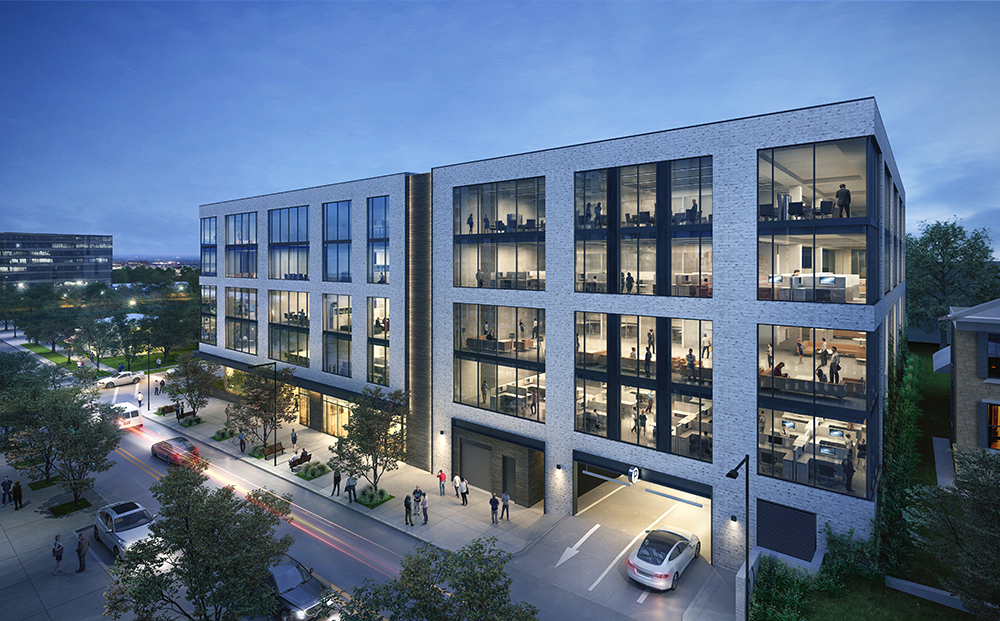
Texas-size opportunity
An analysis by the Austin Chamber, drawing on data through January, ranks Austin as one of the most resilient urban areas in the U.S., losing a smaller percentage of jobs than any major metro except Salt Lake City and Jacksonville.
Continued office demand has fueled activity at new projects like 701 Rio, a five-story office building spanning nearly 121,000 square feet on the west side of downtown. Real estate investment manager Barings teamed up with B&Z Development LLC to build the speculative Class A property, which topped out in January.
READ ALSO: CrowdStreet Brings Headquarters to Austin
“We have had great activity on the building even during the pandemic,” said B&Z’s Diana Zuniga, also citing the project’s location, amenities and low-rise design as selling points for tenants looking to recruit and retain talent in a stiff tech labor market. “We have also had immense interest from professional service tenants in the downtown market that are attracted to the ease of ingress and egress that the location provides.”
Austin’s downtown market is in a transitional phase, with some companies ready to move back to the office and others hesitating. Google, which occupies more than a half million square feet of office space in downtown Austin, recently announced it would return to the office in a limited capacity in April, with a full return scheduled for September.
Larger companies forging ahead with return-to-office plans will drive other tenants to follow suit, Zuniga noted. “This will result in increased demand as the percentage of those fully vaccinated continues to climb.”
Technology firms account for an outsize share of office demand in the Texas capital, led by industry titans such as Apple, Dell, and most recently Oracle, which announced the move of its headquarters to Austin in December. The city’s high-tech jobs grew by 22.9 percent in 2018 and 2019, faster than all major North American tech markets except San Francisco and Vancouver, according to CBRE.
“I think if there’s a concern around Austin, it would be that it’s highly concentrated around tech,” said Brad Tisdahl, CEO of Tenant Risk Assessment. He added that the growth of supplemental and support services around the sector—such as legal, accounting and financial service firms—could help alleviate those fears.
“Before the pandemic, our clients who had assets in Austin were all very nervous about when the bubble might burst, but that conversation has been left behind,” Tisdahl said. “Nobody’s talking about that anymore.”
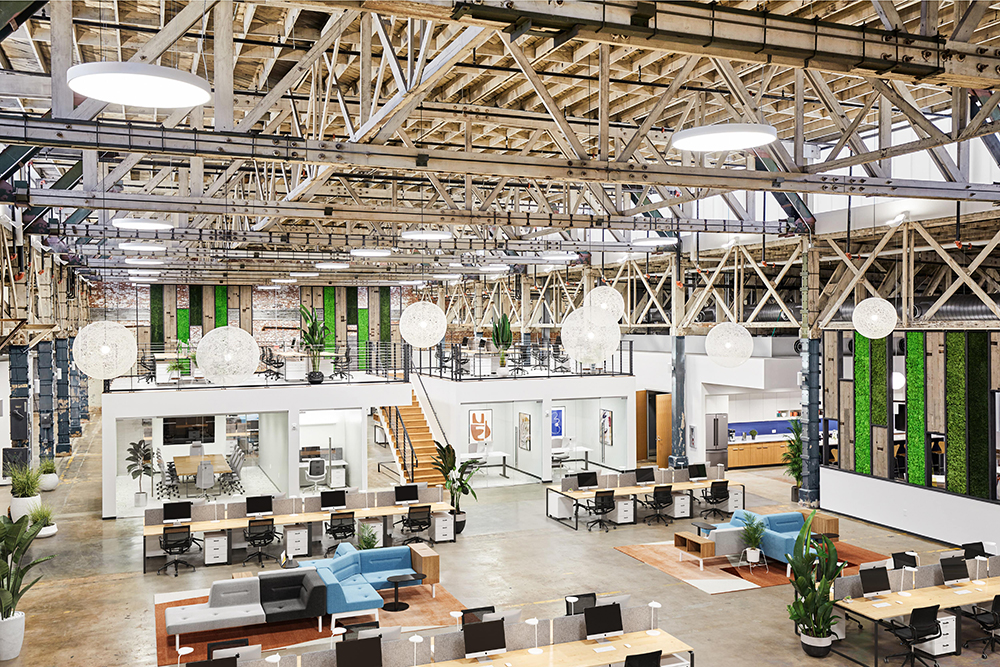
From banking to tech
During the decade through 2019, Charlotte experienced rapid population growth, overtaking San Francisco to become the 15th largest city in America. It remains one of the most popular relocation destinations, a magnet for companies as well as individuals. Traditionally the country’s second-largest banking hub, Charlotte has diversified its tenant base in recent years, fueled in part by an ongoing trend of corporate relocations and expansions.
READ ALSO: Charlotte Tops List of Emerging Life Sciences Hubs
In 2019, for example, Honeywell moved its global headquarters from New Jersey to Charlotte, where local developer Lincoln Harris is building a 23-story, 304,250-square-foot office tower for the Fortune 100 tech firm. Health insurance giant Centene Corp. last year selected the city for a $1 billion campus that will serve as the health insurance giant’s East Coast headquarters. Other firms that are growing in the Queen City include the California-based maker of investing app Robinhood, which recently announced that it would open a Charlotte office in September.
“We fully believe we’ll continue to grow in the financial services sector, but Charlotte has done a great job in promoting a pro-business environment and also recruiting outside for diversity of employment,” said Jessica Brown, executive director at Cushman & Wakefield.
ATCO Properties & Management and Shorenstein Properties LLC are among the real estate firms benefiting from the influx. Just north of Uptown, Charlotte’s central business district, the partners are developing the second phase of Camp North End, a massive adaptive reuse project on a 76-acre former industrial site. The creative office and retail campus will include nearly 1.5 million square feet of redeveloped and new construction space.
“A lot of the tours that we’ve seen come through Camp North End, particularly over the last few months, have been groups that are either looking for East Coast headquarters, or relocating their headquarters to Charlotte,” said Tommy Mann, ATCO’s development director.
The nearly 160,000 square feet of completed office space has already lured tenants including Centene, professional services firm Aon, software company CloudGenera and Ally Bank, which recently signed a lease to relocate and expand its innovation lab TM Studio within the project.
Mann said that ATCO remains “very bullish” on the Queen City. “Charlotte is a market that people continue to flock to, especially young, tech-savvy talent who want to be in a market where they have access to good jobs and a good cost of living.”
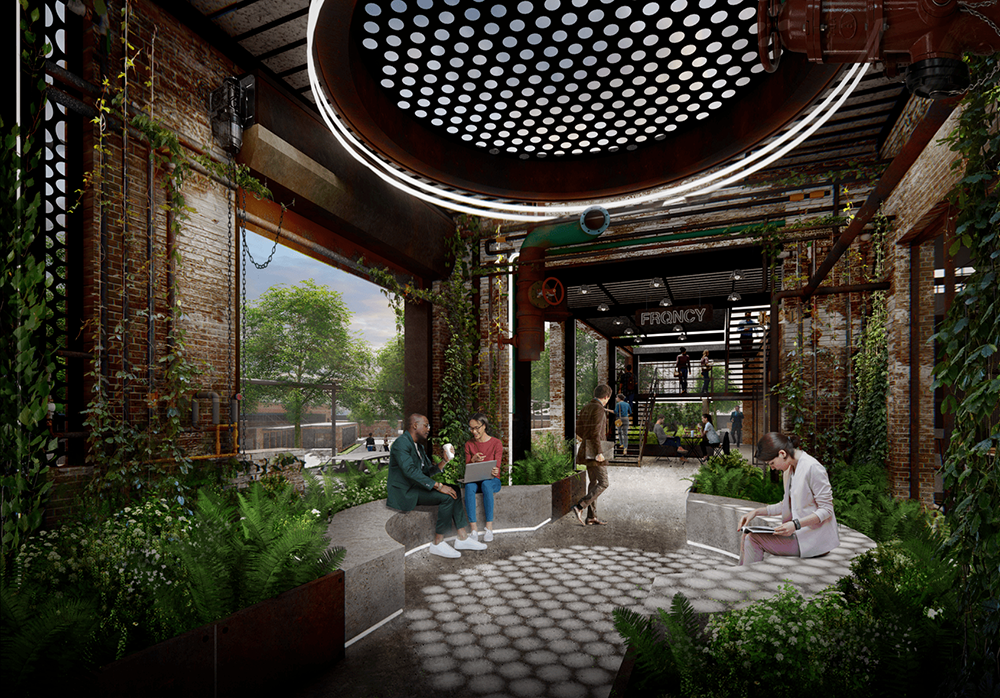
Music City appeal
Nashville has lured several high-profile corporations in recent years, including Amazon, which decided in 2018 to open a $230 million Operations Center of Excellence in the city’s downtown, and investment management giant AllianceBernstein, which announced plans in the same year to move its corporate headquarters from Manhattan to Music City.
READ ALSO: Skanska Delivers $450M Nashville Landmark
Amazon announced last August that it had hired 1,000 employees for its East Coast operations hub at Nashville Yards, a 17-acre, $1 billion mixed-use development being spearheaded by Southwest Value Partners. The e-commerce giant plans to bring a total of 5,000 jobs to the community, which would make it the largest private employer in the city’s downtown.
Corporate expansions and relocations by California-based tech firms have also boosted Nashville’s office market over the past several years, with biotech firm Revance Therapeutics and media company DailyWire finalized new leases in the last quarter of 2020 to move their headquarters from San Francisco and Los Angeles, respectively.
And in April, having moved its own headquarters to Austin, software company Oracle unveiled a proposal to bring a $1.2 billion campus, along with 8,500 jobs, to Nashville’s East Bank area by the end of 2031.


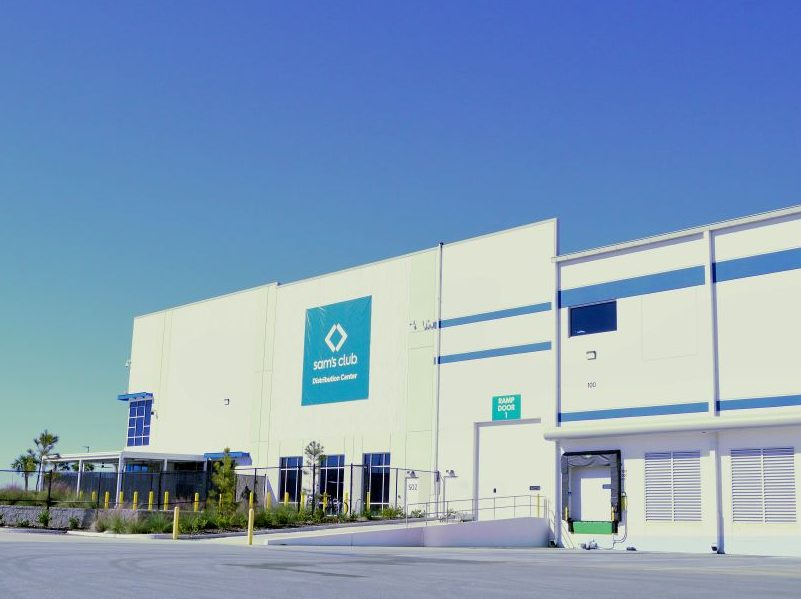


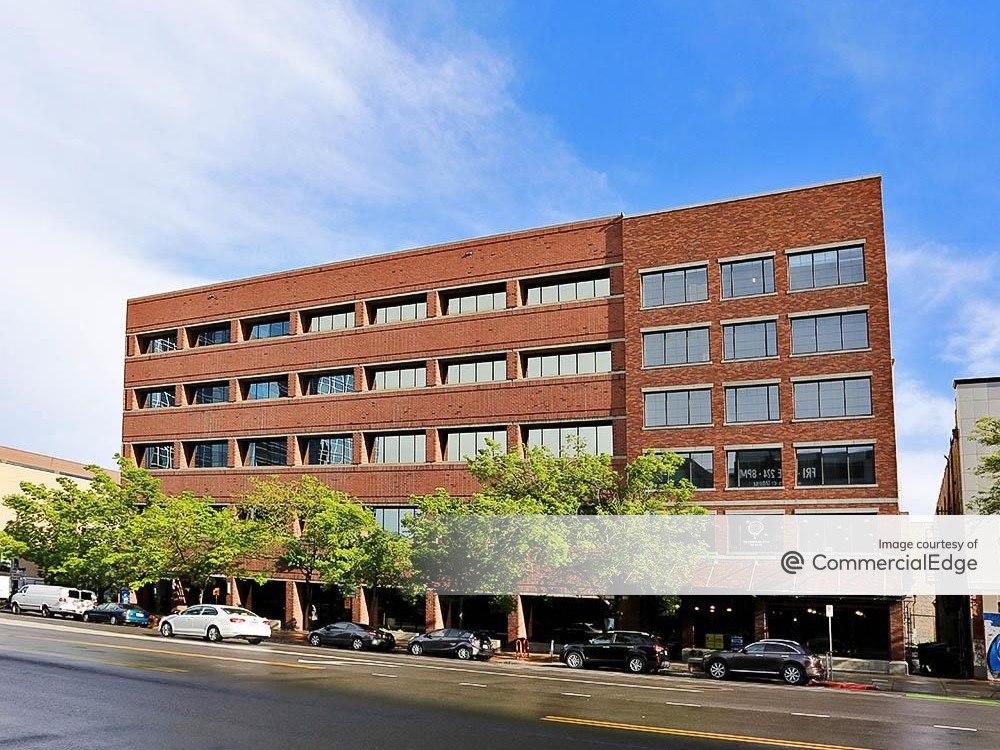

You must be logged in to post a comment.